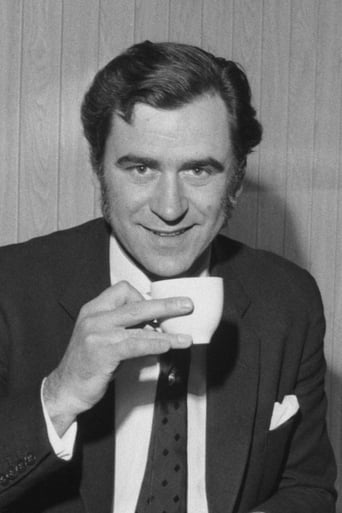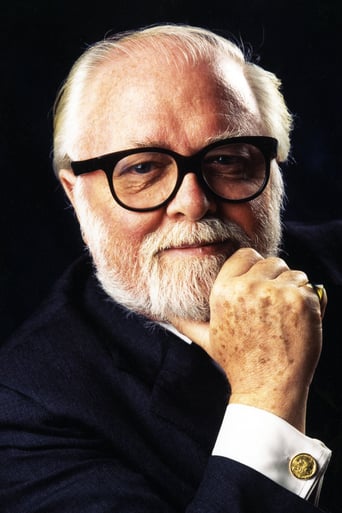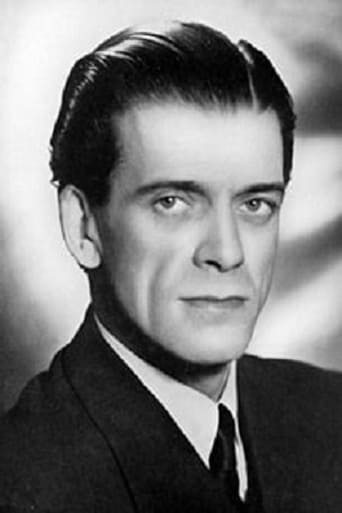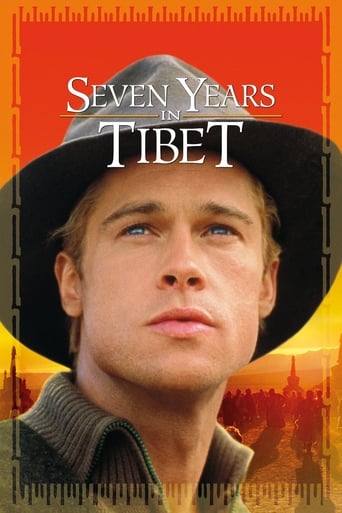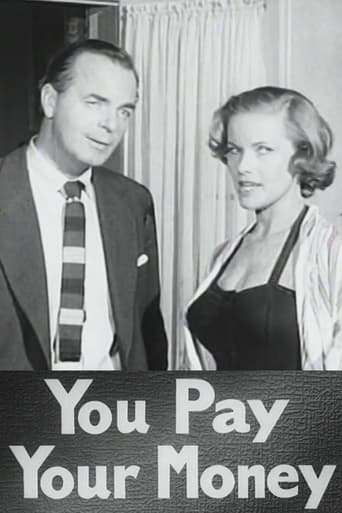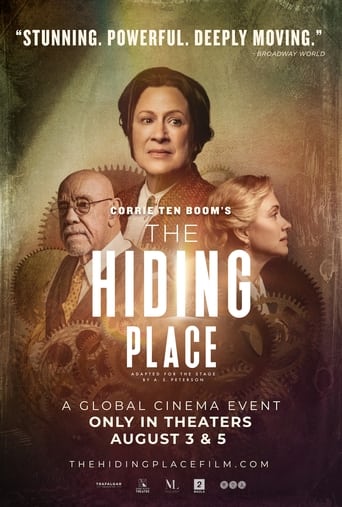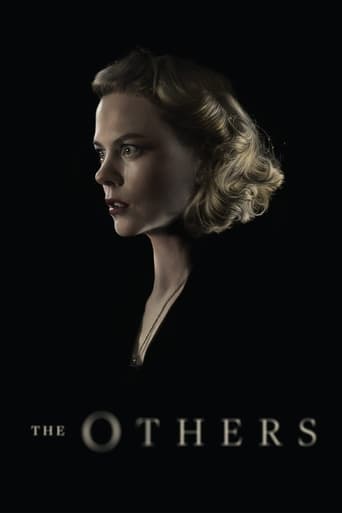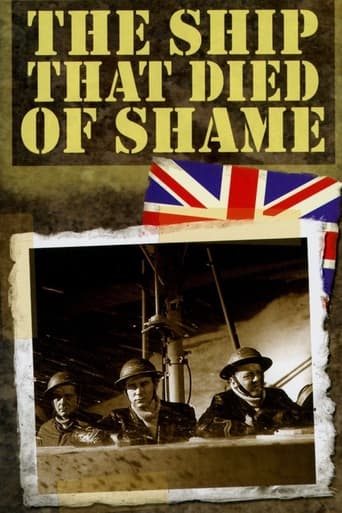
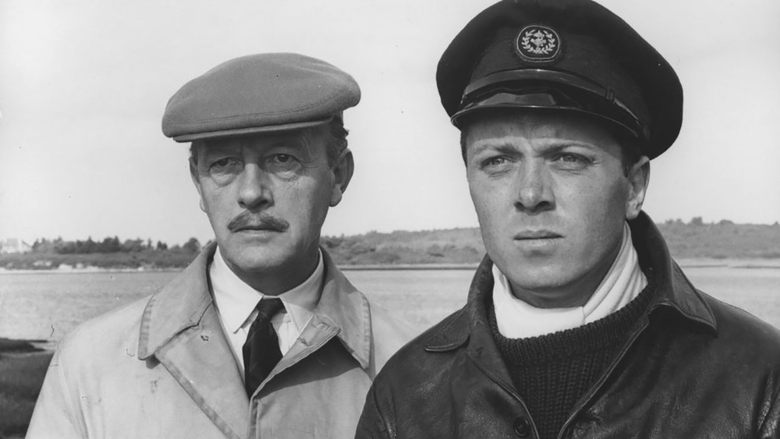
The Ship That Died of Shame (1956)
After World War II the crew of a motor gunboat join together to buy their old vessel and go into business for themselves. This may sound like a laudable scheme, but the business they choose to go into is smuggling.
Watch Trailer
Cast


Similar titles
Reviews
I like the storyline of this show,it attract me so much
The film makes a home in your brain and the only cure is to see it again.
This is a small, humorous movie in some ways, but it has a huge heart. What a nice experience.
This is one of the best movies I’ve seen in a very long time. You have to go and see this on the big screen.
THE SHIP THAT DIED OF SHAME is something a little different from Ealing Studios: it's a gritty crime drama about a trio of British sailors who find themselves at a loose end after the war and who decide to go into the smuggling business to make ends meet. What follows is low key and grittily realistic, based on a story by CRUEL SEA author Nicholas Monsarrat. The film has a much higher threshold of realism than most from this era and is thus less gung-ho than some, a character study more than an action thriller.George Baker is the reliable lead, suffering from tragedy and with a mix of drives and emotions to propel him onwards into a life of crime. Richard Attenborough does well in a very oily performance while Bill Owen brings up the rear in an understated turn. Other familiar faces like Virginia McKenna, Bernard Lee, and Roland Culver also appear from time to time. The first half of the film has a light, almost jovial atmosphere at times, but it all gets very dark and very serious for the climax.
Despite being downbeat and full of illogical ideas not least the title,this film still manages to be entertaining till the rather poor climax.So much of what happens is not properly explained.Why does Attenborough want to go in with Culver,how does Lee know that Attenborough will be at the garage.Why does Cilver shoot Lee,and of course the illogical notion that a boat has a soul.Poor old George Baker doesn't have a happy moment during this film.Everything is gloom.Attenborough plays the sort of role that he must have played dozens of times in the fifties.Incidentally since the craft was a Motor Torpedo Boat shouldn't the title have been The Boat that died of shame?
Despie my interest in post war films and all things Naval, I have not heard of this film. How I have missed it is beyond me.George Baker is fantastic as the lead and Bill Owen, known to me as Compo, is a revelation. Richard Attenborough is perfect as always and the roles played by Bernard Lee and Virginia McKenna are small but superb.I must now read the book to see how the author handled the many strands and ending, which is a little disappointing in the film. Few people in today's Britain understand the stress and strain on on those demobbed at the end of WW2 but I suspect that with growing redundancies of front line troops in Afghanistan, the stories and threads explored in this film will strike a modern chord.
Spoilers. The title pretty much says it all. Ship 1087 is the British equivalent of an American MTB, operating in the English channel as a patrol boat, rescue vessel, escort, and what have you. While similar craft occasionally break down or are hard on the wheel, old 1087 is fast and reliable and gets its crew out of bad scrapes, as if it were a sentient and benificent force. The end of the war sees its crew dispersed and a bit disgruntled, and the boat itself winds up in a graveyard. One of the hands, Attenborough, runs into two of the former crew in a pub and persuades them to buy the old 1087, spruce her up, and use her to engage in a bit of minor smuggling, a few crates of choice wine now and then, just to keep the old boat going and its peacetime crew in cash. No harm to anybody, don't you know. But Sir Dickie, now more or less skipper of the boat, is sucked into running stuff rather murkier than Chateau neuf du Pape. He begins working in cahoots with a more dangerous ex-army man, and finds himself now transporting guns and then fugitive child murderers. Challenged by the two other hands, he replies, "I'll take care of business. You take care of the boat." Well, things just go rotten after that. Hunted down by the authorities, the Major plugs the coastguard officer. When the third hand, Raines, who maintains the engines, tries to leave, the Major plugs him as well. The protagonist, Randall, a basically good guy, plugs the Major. Sir Dickie and Randall have it out on the deck of old 1087, now heaving up and down in a heavy sea. Dickie tumbles overboard but manages to catch hold of a stanchion. Randall reaches down to pull him back aboard but old 1087 gives a sudden lurch and yanks Dickie into the sea before apparently dropping its still spinning screws on him. The boat then dies of shame. The boat of course is a symbol of the moral status of its crew. During the war it looks spiffy and performs superbly. Engaged in smuggling, its engines begin to fail more and more often, and it developes other quirks. It's all a bit on the heavy handed side, but it's not an uninteresting movie. Some nice shots of the boat, long and sleek, at sea, and some engaging scenes of combat near the beginning. Overall, this sort of story isn't surprising coming from Nicholas Monseratt, but it isn't the kind of movie we usually associate with Ealing Studios. It's worth catching if it's on, and it's not on TV very often.


